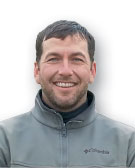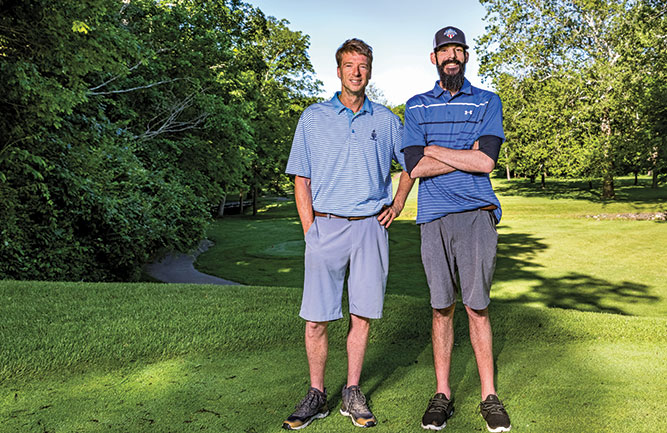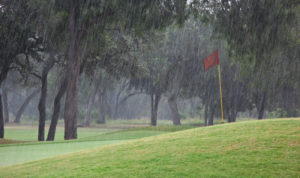Staying engaged with a ‘do it yourself’ mentality

Matt Neff
Certainly, everyone is by now aware of the number of assistant superintendents who have left the business over the last four or five years. Reasons given usually involve some combination of reduced advancement opportunities since the Great Recession, low pay and lack of work/life balance. No surprise there — the last two probably have been common complaints since David Honeyman got shot down when he asked Old Tom for the weekend off and a raise.
It seems this defection has hit the ranks of experienced assistants especially hard. As the average tenure of assistants has increased over the last 10 years, many have decided that the long hours and low compensation that often come with the job are no longer worth it, given the less-than-optimistic chances for advancement to a superintendent position.
The realities of golf course maintenance are what they are. Fewer golf courses mean fewer jobs, fixed budgets lead to fixed salaries, and expectation levels that need to be met and ideally surpassed frequently translate to overtime and weekends.
Assistant retention has been a hot topic on social media and in the trade publications lately, especially since the proposed changes to the Fair Labor Standards Act fell apart last winter. Most of these conversations revolve around increasing wages and prioritizing work/life balance, but several have included other, more outside-the-box ideas, ranging from creative scheduling to increased fringe benefits. There even was a Twitter discussion about giving assistants “sexier” titles.
I think most of us would agree that it’s the superintendent’s responsibility to develop and mentor assistants and to compensate them as fairly as possible. Beyond that, I don’t think it’s solely the superintendent’s responsibility to find a bunch of ways to keep assistants engaged.
Looking at it from a superintendent’s perspective, I certainly understand the need to do whatever you can to attract and retain the best possible candidates from a dwindling labor pool. The efforts that have been made in this area certainly are appreciated and are beginning to make a difference, especially regarding compensation. However, it’s a two-way street. Ultimately, we are responsible as assistants to keep ourselves motivated, regardless of the other issues.
Doing the same thing day after day, week after week, season after season, can wear down even the most hardcore turf guy. Finding ways to keep things fresh makes a huge difference in your perspective.
Ask for new responsibilities. It might help shake up your routine a little, and it also could free up the boss to do something that would provide a welcome change for him or her, too. I know somebody is thinking, “Is this guy serious right now? Did he not, like two paragraphs ago, mention that we make crap money, and now he’s suggesting we ask for more work?” Take it or leave it, I’m just throwing it out there.
Continuing education through GCSAA, local chapters or universities is another great way to stay engaged. I even would consider social media as a means of continuing education. The main reason I have a Twitter account — if not the only reason — is for the turf discussions.
As cliché as it sounds, networking also can increase career satisfaction. Involvement in GCSAA, local chapters, tournament volunteering and social media are great ways to meet people or reconnect with old friends. I’ve heard it said countless times that one of the best things about this business is the great people. I couldn’t agree more.
This profession can be a grind at times. Finding ways to stay interested and engaged is a necessity. Figuring out ways to do it will not only make you better at your job in the present, but will also prepare you for opportunities in the future.












